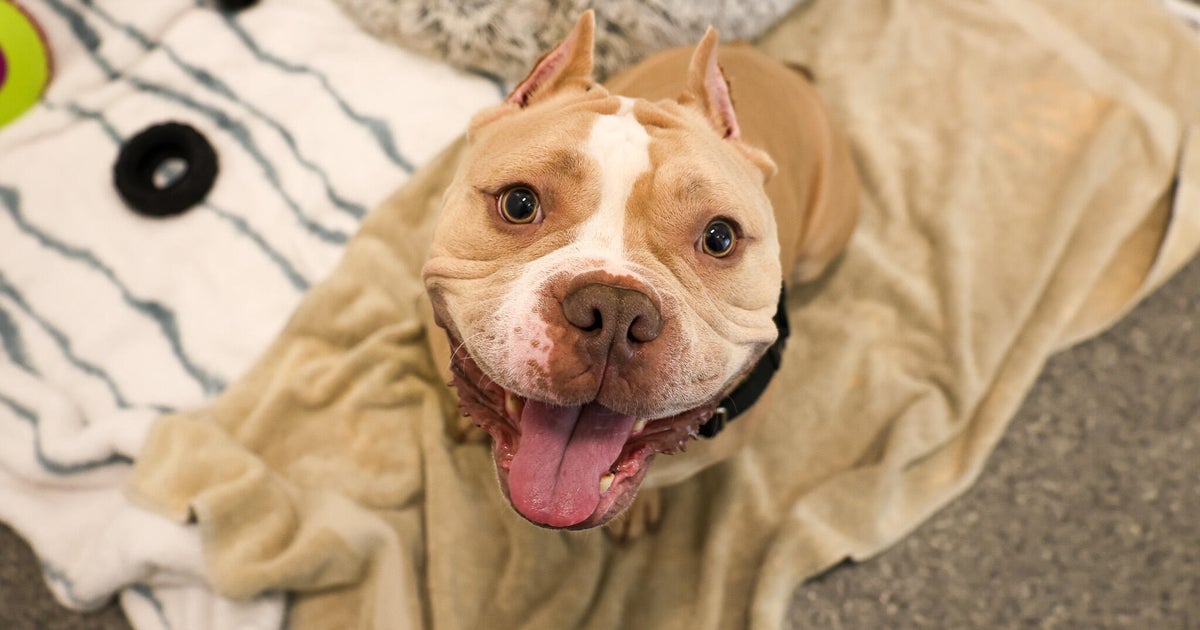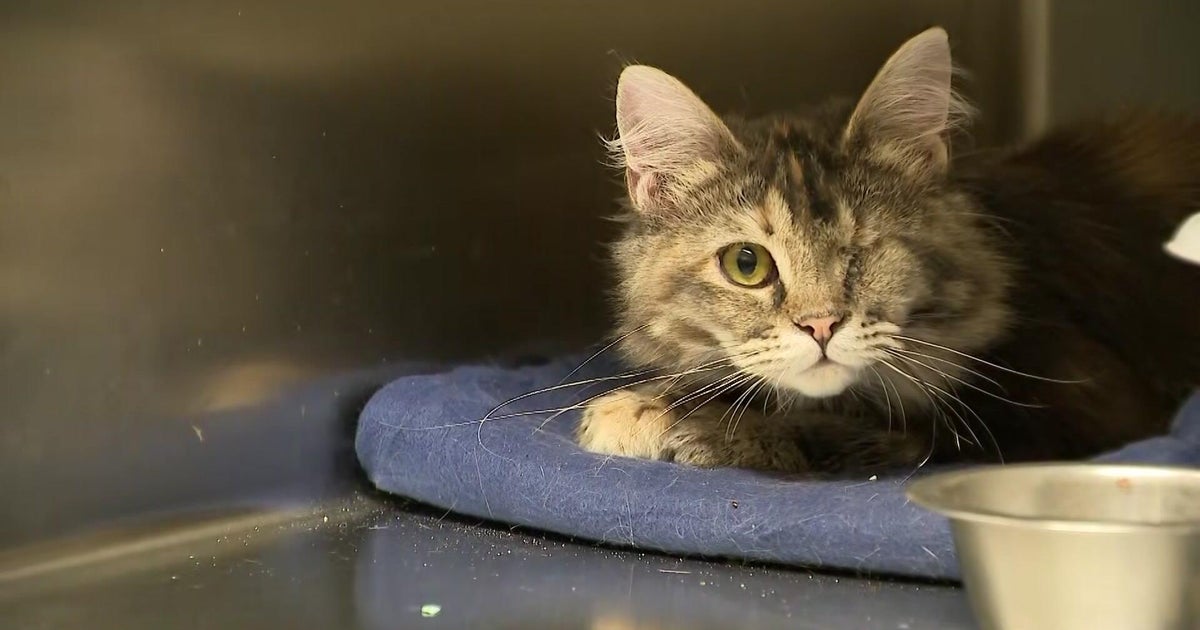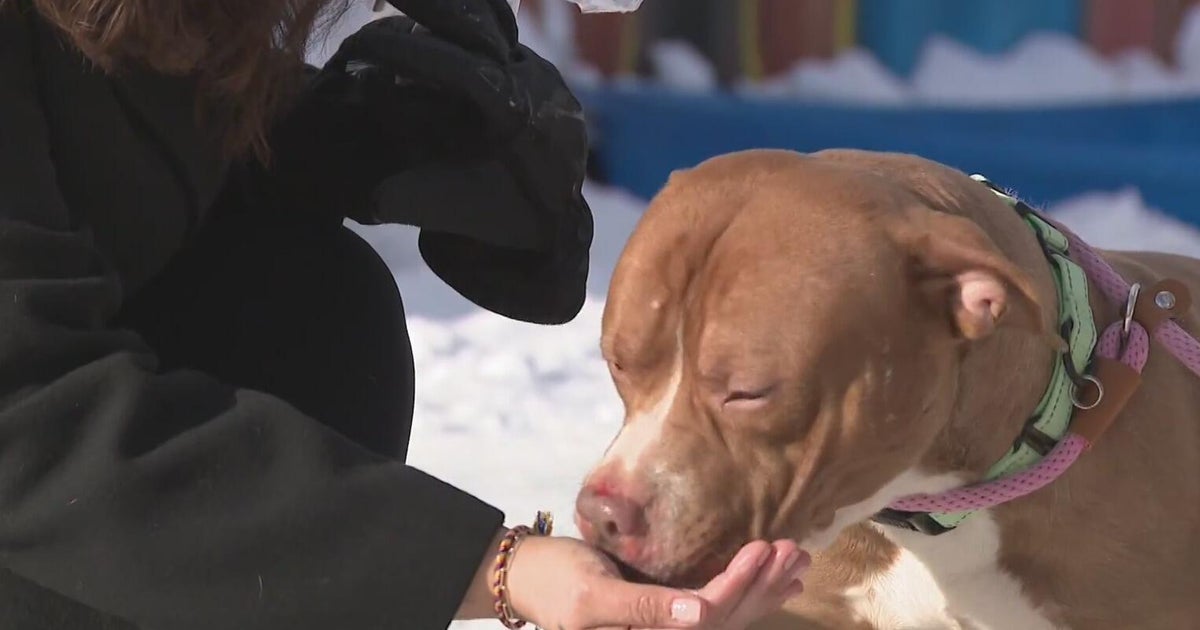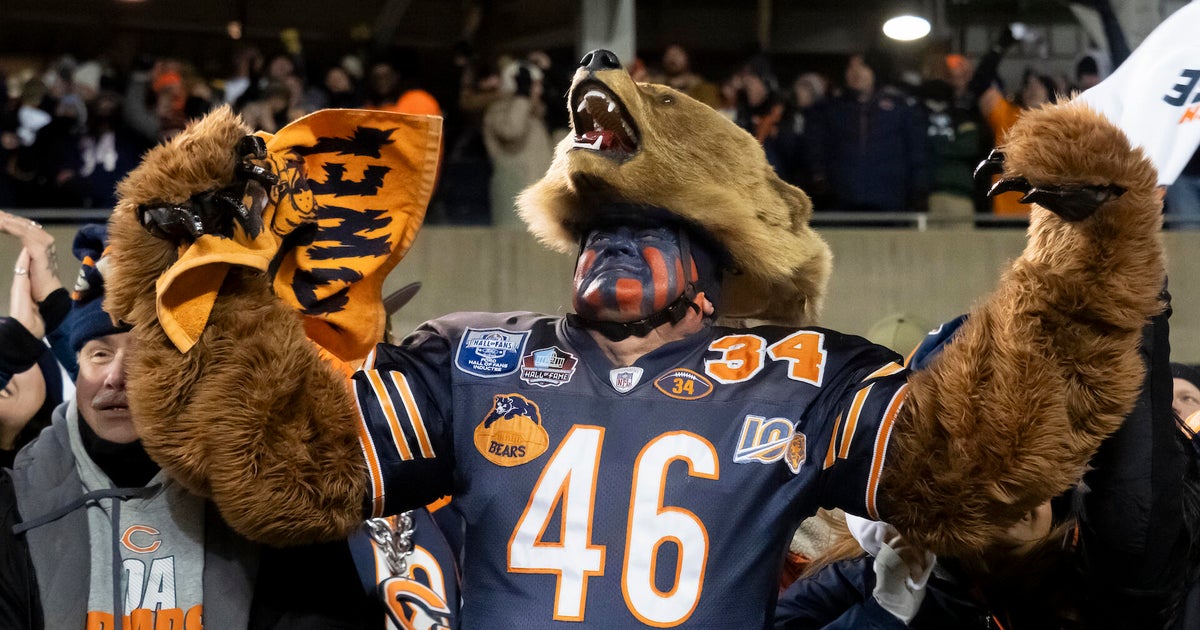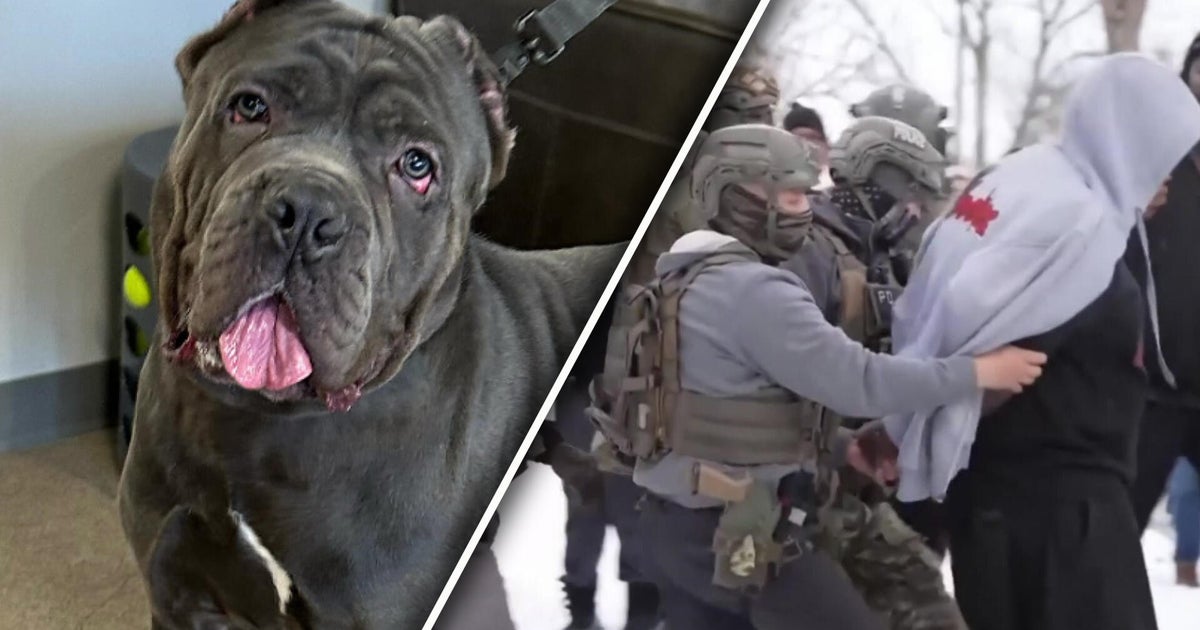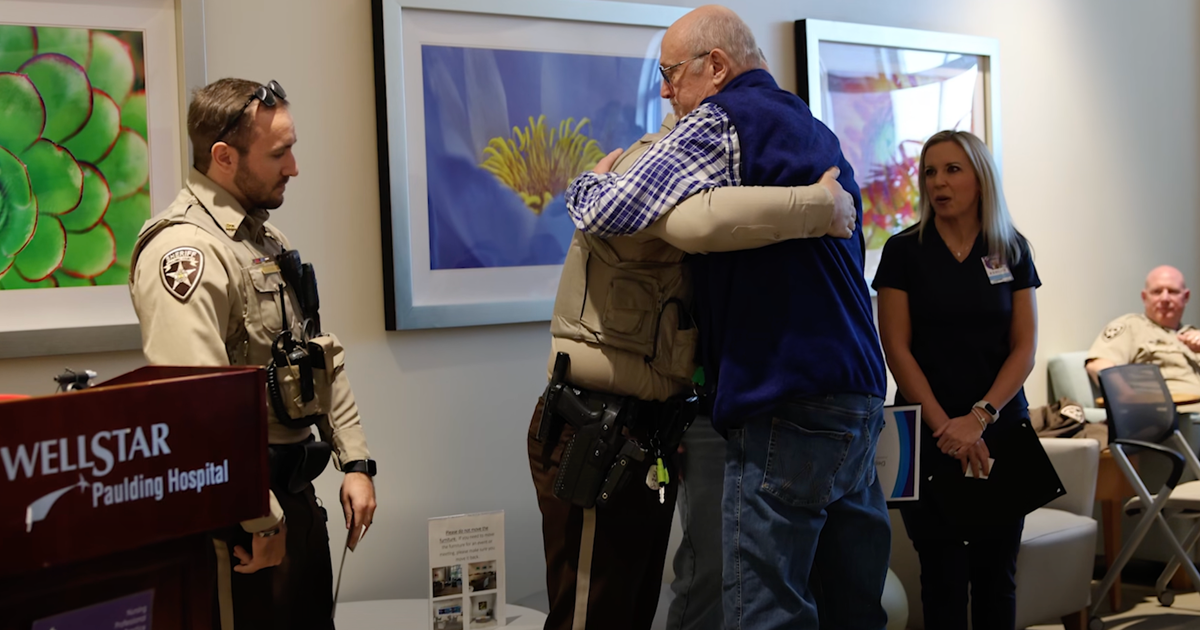Beware! Rabid "ill-acting striped skunk" captured in Southwest Arlington
ARLINGTON (CBSNewsTexas.com) - An "ill-acting striped skunk" captured in Southwest Arlington has tested positive for rabies, according to The Texas Department of State Health Services Rabies Laboratory.
It was removed it from the area in the 7000 block of Gunston Lane. There were no exposures related to the animal, Animal Service officials said.
Often times, a rabid skunk is symptom-free for up to a few months. But when the disease, which attacks the animal's central nervous system gets into its later stages, noticeable symptoms will appear. For the most part, those symptoms are reflected in strange behavior in the animals. Here's the five major signals that a skunk has rabies:
AGGRESSIVE BEHAVIOR
A skunk that seems irrationally violent could be suffering from the late stage of a rabies infection. Animal experts often refer to this as the furious form of rabies. Experts suggest that the disease is taking over the animal's central nervous system and causing confusion while changing its behaviour patterns.
ROAMING IN THE DAY
Skunks are nocturnal by nature. They typically do their foraging at night and are rarely seen during the daytime. If you see a skunk out and about during the day that is abnormal skunk behavior that may hint at a rabies infection.
TROUBLE MOVING
A skunk that seems lethargic is probably suffering from late-stage rabies. The disease has a negative impact on the animal's muscles and prevents the animal from controlling its movements as the central nervous system is hijacked by the invading virus. A rabid skunk may also appear to experience seizures.
FEARLESS AROUND HUMANS
Another sign of rabies infection in a skunk is the loss of fear of human beings. Skunks are naturally reclusive and prefer to stay away from people. If a skunk does not scamper away when approached it is probably suffering from late-stage rabies.
EXCESS SALIVATION
A skunk that's drooling or foaming at the mouth is likely to be experiencing the later stages of rabies. This happens because the disease attacks the animal's muscles, making it unable to swallow its saliva. The animal's saliva is the vehicle through which rabies enters the victim's body.
STAY AWAY
People and animals can get infected with the rabies virus if an animal that has the disease bites or scratches them. Anyone who is exposed must take a series of post-exposure injections to prevent them from becoming infected with this fatal disease.
Skunks aren't the only carriers of the disease either... bats, raccoons, foxes and coyotes are all high-risk carriers of the disease. Any wild animal that does not show fear of humans or appears sick or sluggish, should not be approached under any circumstances.
